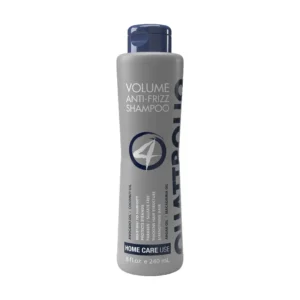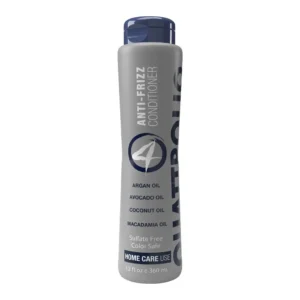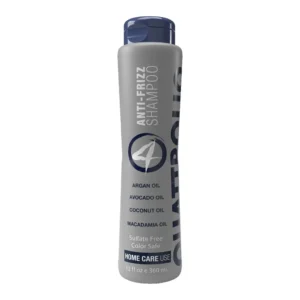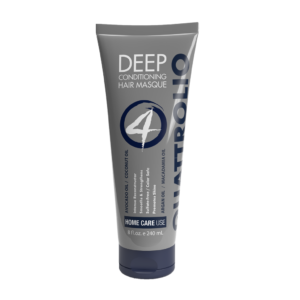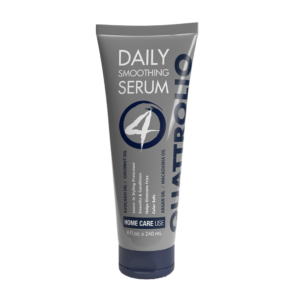Summer is the season of sun, sand, and, of course, sunscreen. Most of us slather on sunscreen to protect our skin from harmful UV rays, but there’s often confusion about whether sunscreen can actually prevent tanning. If you’re wondering whether your SPF can keep you from getting that summer glow, you’re not alone. While we often think of sunscreen for summer, it’s also important to remember that UV protection is needed year-round whether you’re lounging on the beach or enjoying a crisp fall hike in your favorite Sherpa leather jacket. Let’s dive into the science behind sunscreen and tanning to clear up the confusion.
How Sunscreen Works
To understand whether sunscreen can prevent tanning, it’s important to first understand how sunscreen works. Sunscreen is designed to protect your skin from the harmful effects of ultraviolet (UV) radiation, which comes in two main types: UVA and UVB.
- UVA rays penetrate deeply into the skin and are primarily responsible for premature aging and long-term skin damage.
- UVB rays are more superficial and are the primary cause of sunburn. However, both types contribute to skin cancer.
Sunscreen contains ingredients that either absorb, reflect, or scatter UV radiation, thereby reducing the amount that penetrates your skin. The Sun Protection Factor (SPF) on a sunscreen product indicates its effectiveness against UVB rays. For example, SPF 30 means that it will take 30 times longer for your skin to burn with sunscreen than without it.
Tanning vs. Burning: What’s the Difference?
Tanning occurs when your skin produces more melanin, a pigment that gives your skin its color, in response to UV exposure. This is your body’s natural defense mechanism against further UV damage. While a tan may give your skin a sun-kissed glow, it is actually a sign of skin damage. The more your skin tans, the more damage it accumulates over time, increasing the risk of skin cancer and premature aging.
Sunburn, on the other hand, is a more immediate reaction to excessive UV exposure, where the skin becomes red, painful, and may eventually peel.
Curious about finding the best sunscreen for your face? We’ve got you covered! Check out our in-depth guide, Sunscreen For Face In UAE, for everything you need to know.
Can Sunscreen Prevent Tanning?
The short answer is no, sunscreen cannot completely prevent tanning, but it can significantly reduce it. Here’s why:
- Incomplete UV Protection: No sunscreen can block 100% of UV rays. Even the highest SPF sunscreen allows a small percentage of UV radiation to reach your skin. For example, SPF 30 blocks about 97% of UVB rays, but that remaining 3% can still lead to some tanning, especially with prolonged exposure.
- UVA Exposure: While many sunscreens focus on protecting against UVB rays (which cause sunburn), some may offer less protection against UVA rays, which are primarily responsible for tanning. Broad-spectrum sunscreens, which protect against both UVA and UVB rays, are more effective in reducing tanning but won’t eliminate it entirely.
- Application Errors: Most people don’t apply enough sunscreen or reapply it often enough, reducing its effectiveness. If the sunscreen is applied unevenly or not reapplied after swimming or sweating, more UV rays will penetrate the skin, leading to tanning.
How to Minimize Tanning
If you’re looking to avoid tanning as much as possible, here are a few tips:
- Choose a High SPF, Broad-Spectrum Sunscreen: Look for sunscreens labeled “broad-spectrum” with an SPF of 30 or higher. These offer better protection against both UVA and UVB rays.
- Apply Generously and Reapply Often: Use about one ounce (a shot glass full) of sunscreen for your entire body, and reapply every two hours, or more often if you’re swimming or sweating.
- Seek Shade: Avoid direct sun exposure, especially during peak hours (10 AM to 4 PM), when the sun’s rays are strongest.
- Wear Protective Clothing: Consider wearing long sleeves, a wide-brimmed hat, and sunglasses. Clothing with UPF (Ultraviolet Protection Factor) offers additional protection.
- Use Tanning Alternatives: If you’re after a bronzed look without the UV exposure, consider sunless tanning products like self-tanning lotions, sprays, or professional spray tans.
Conclusion
While sunscreen is an essential tool for protecting your skin from the harmful effects of UV radiation, it won’t completely prevent tanning. A slight tan may still occur, even with diligent sunscreen use, because no product can fully block all UV rays. However, by choosing a high-SPF, broad-spectrum sunscreen, applying it properly, and taking additional protective measures, you can minimize tanning and, more importantly, protect your skin’s long-term health.
Remember, every time your skin tans, it’s a sign of damage. Protecting your skin now will pay off in the years to come, helping to reduce the risk of skin cancer and keeping your skin looking youthful and healthy. So, the next time you head out into the sun, don’t skip the sunscreen—your skin will thank you!

